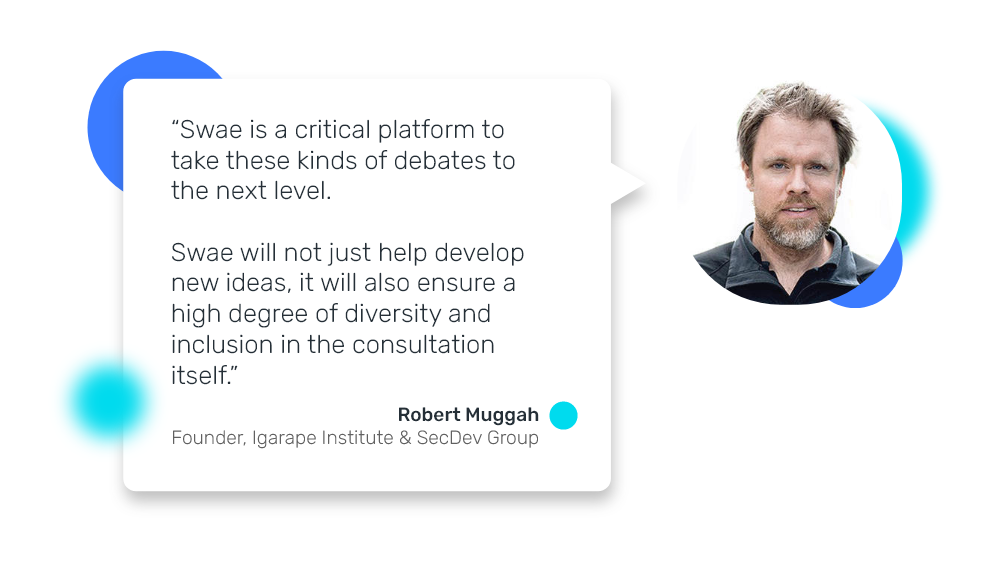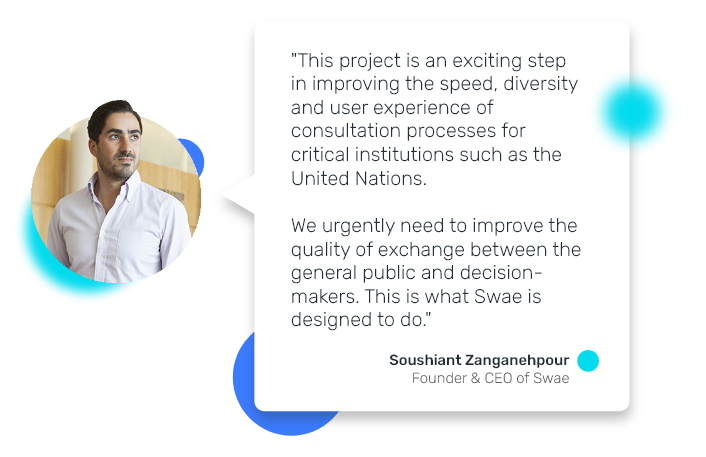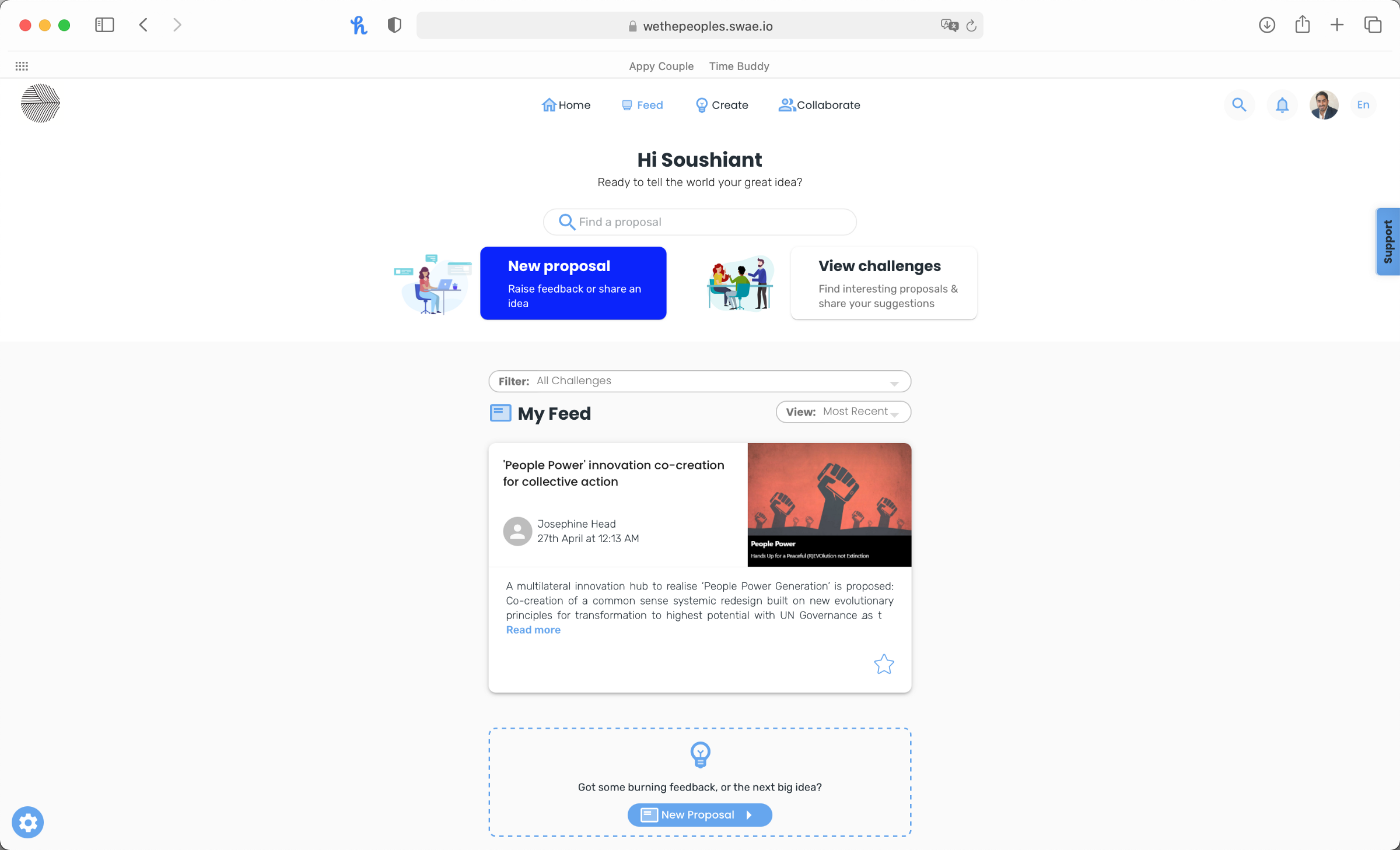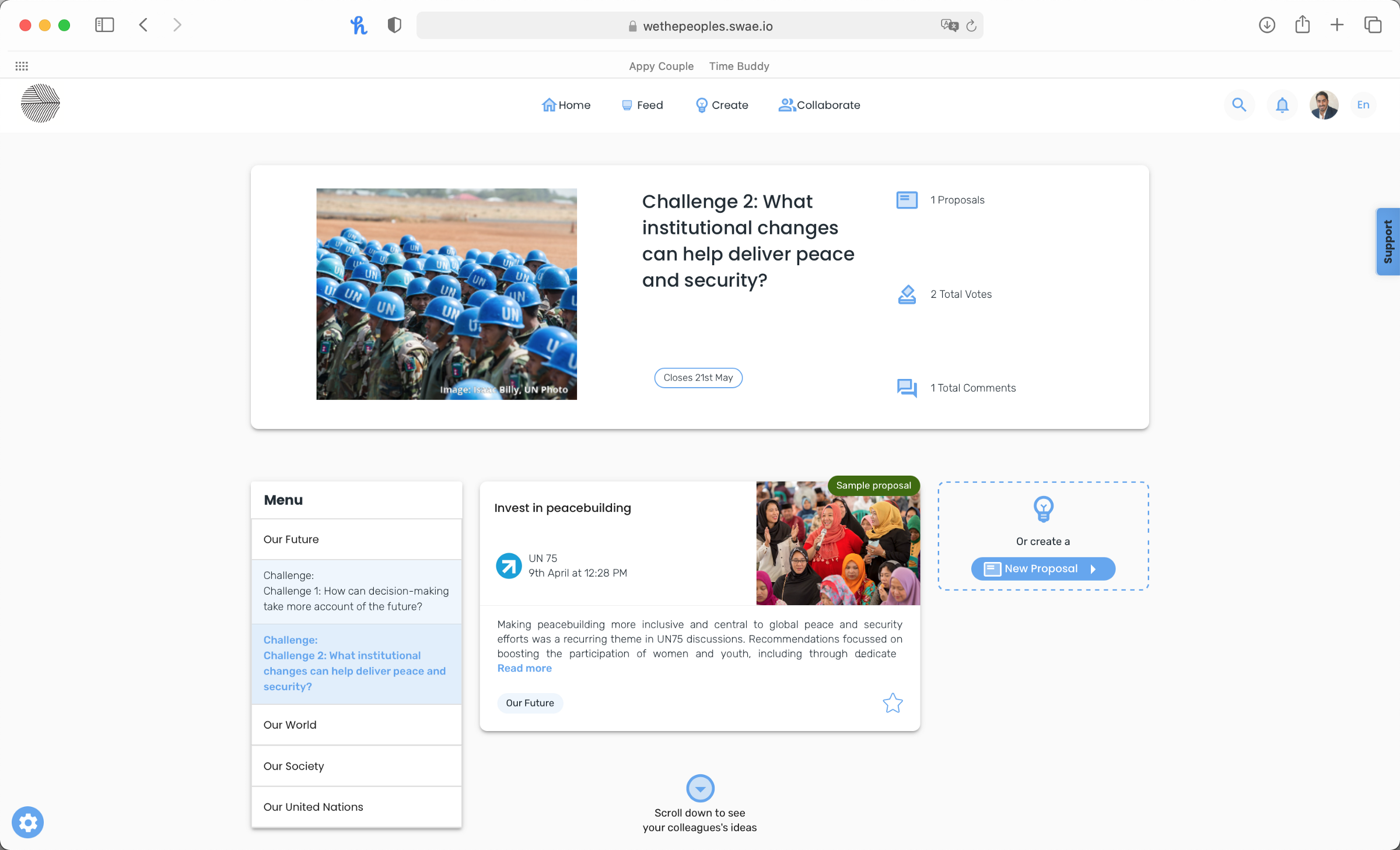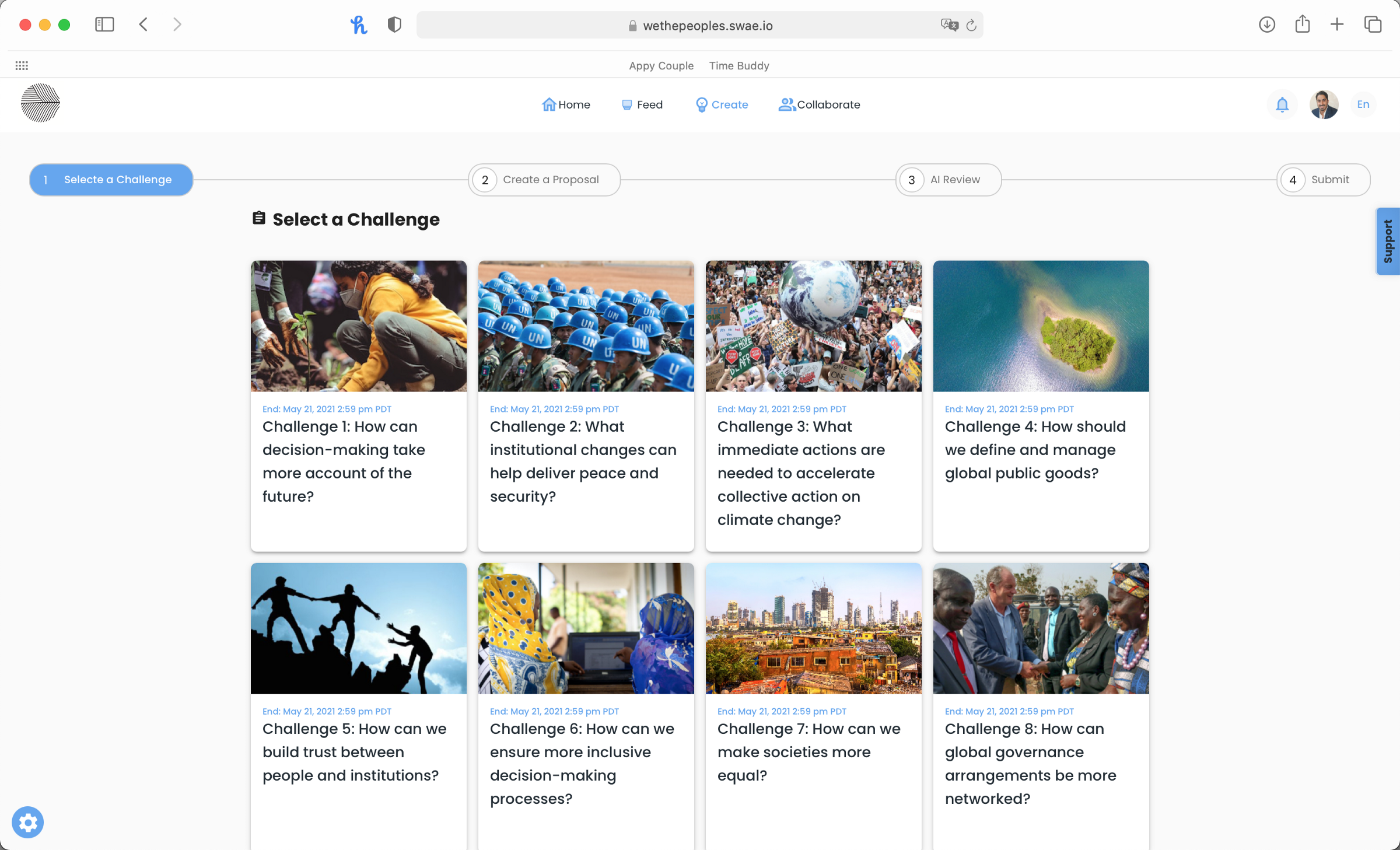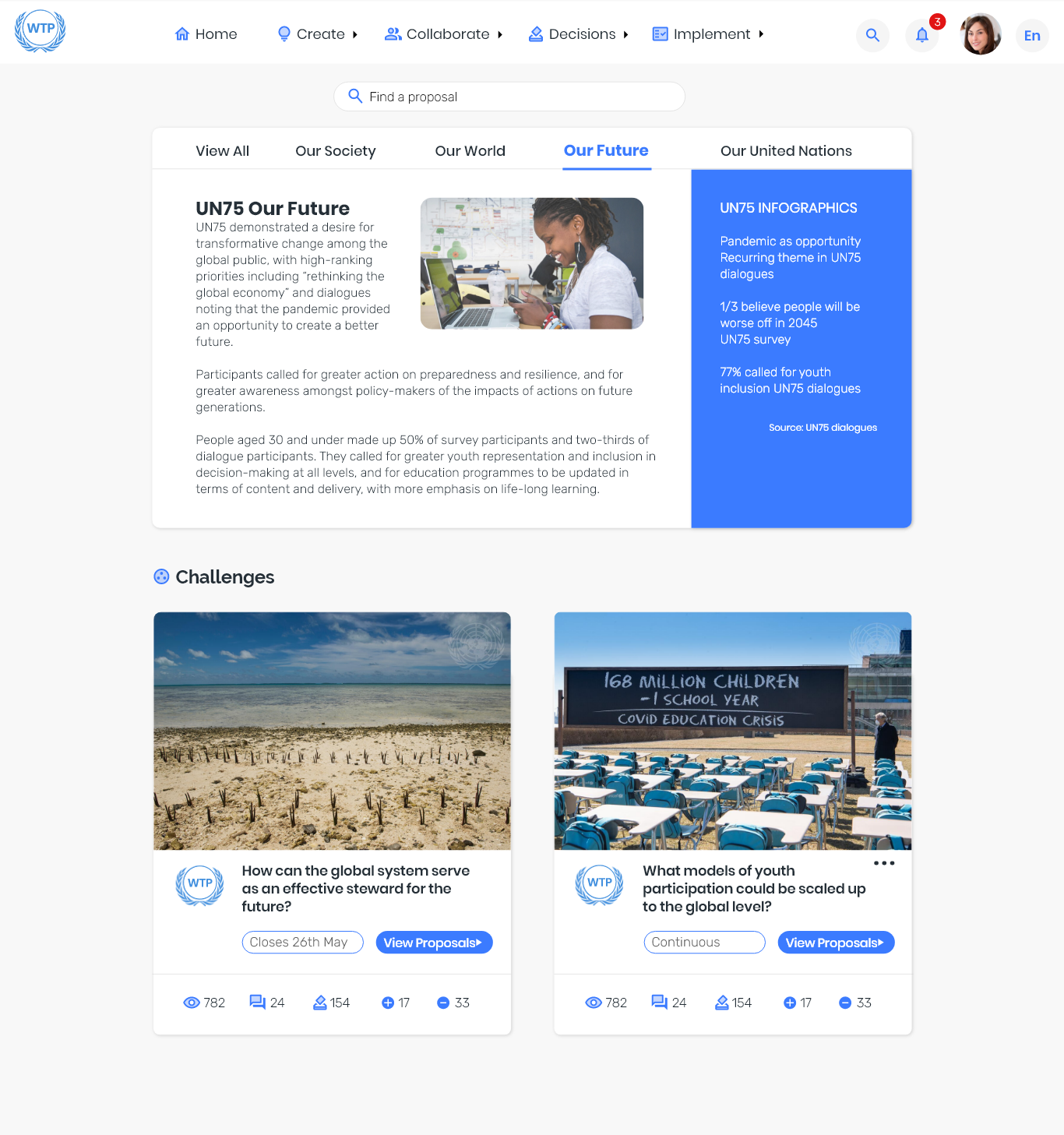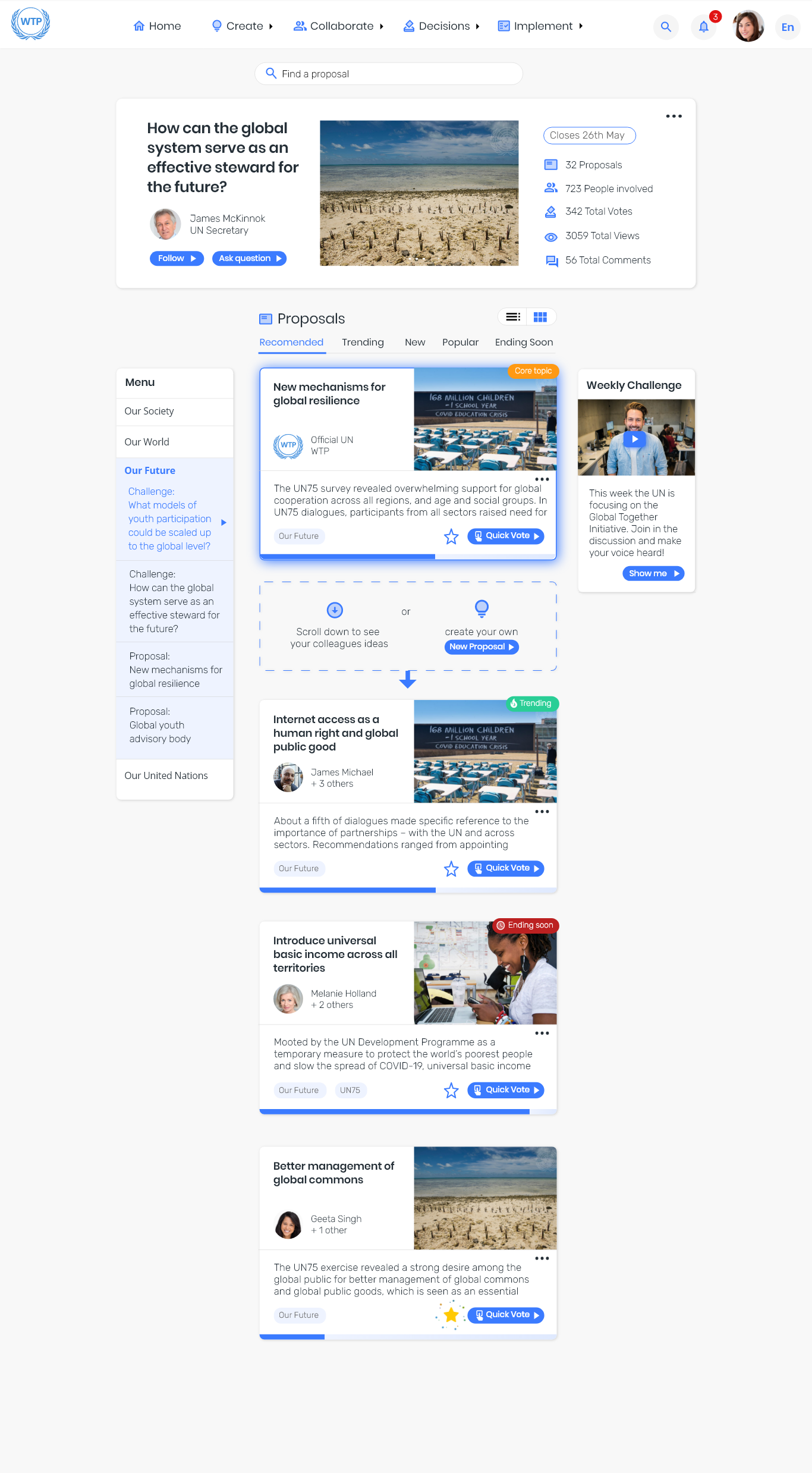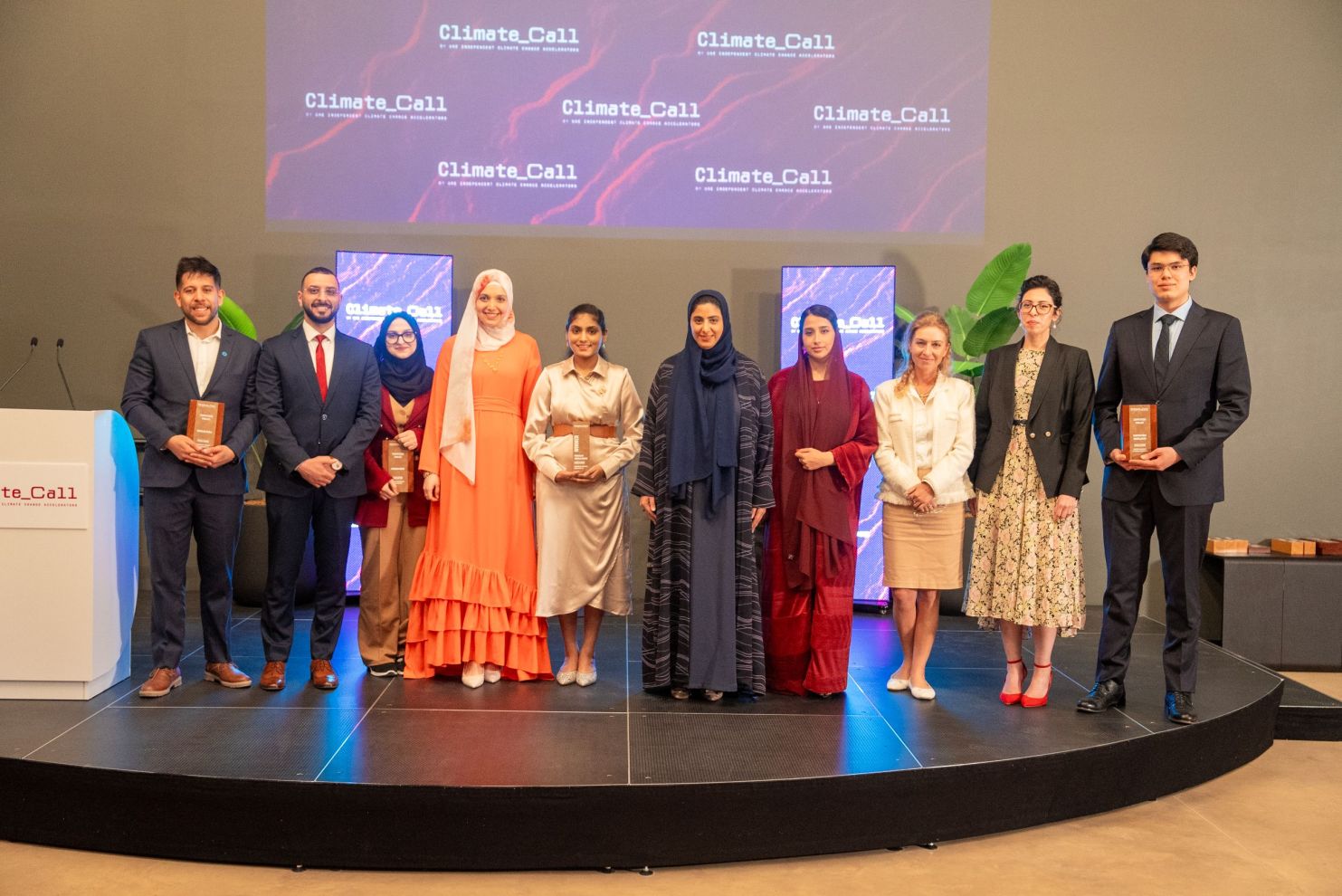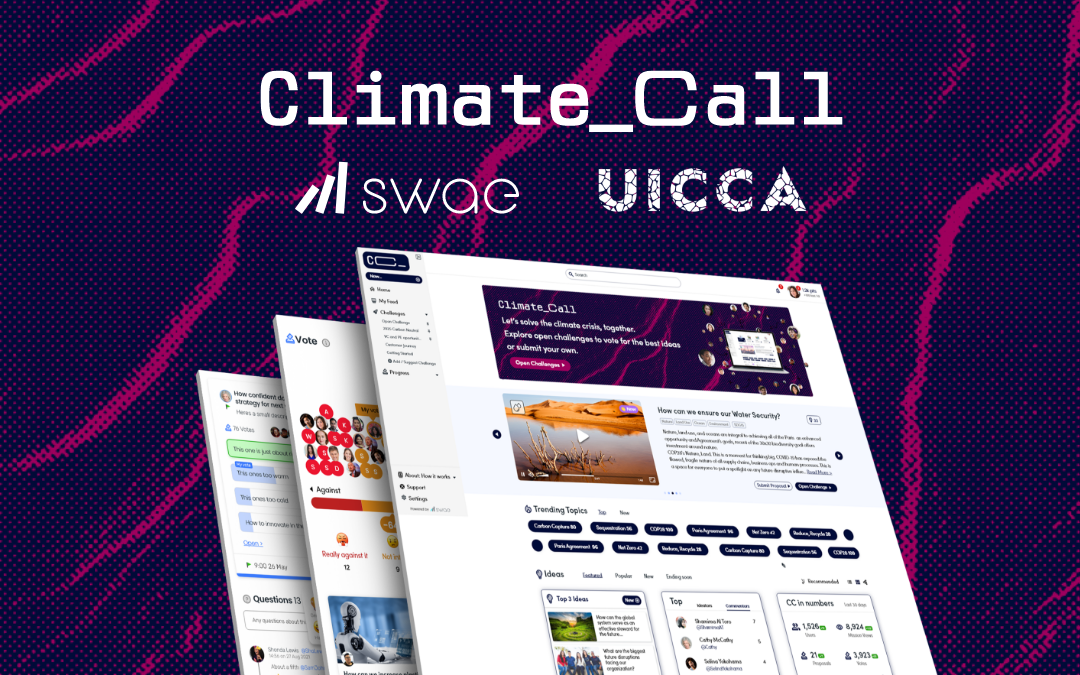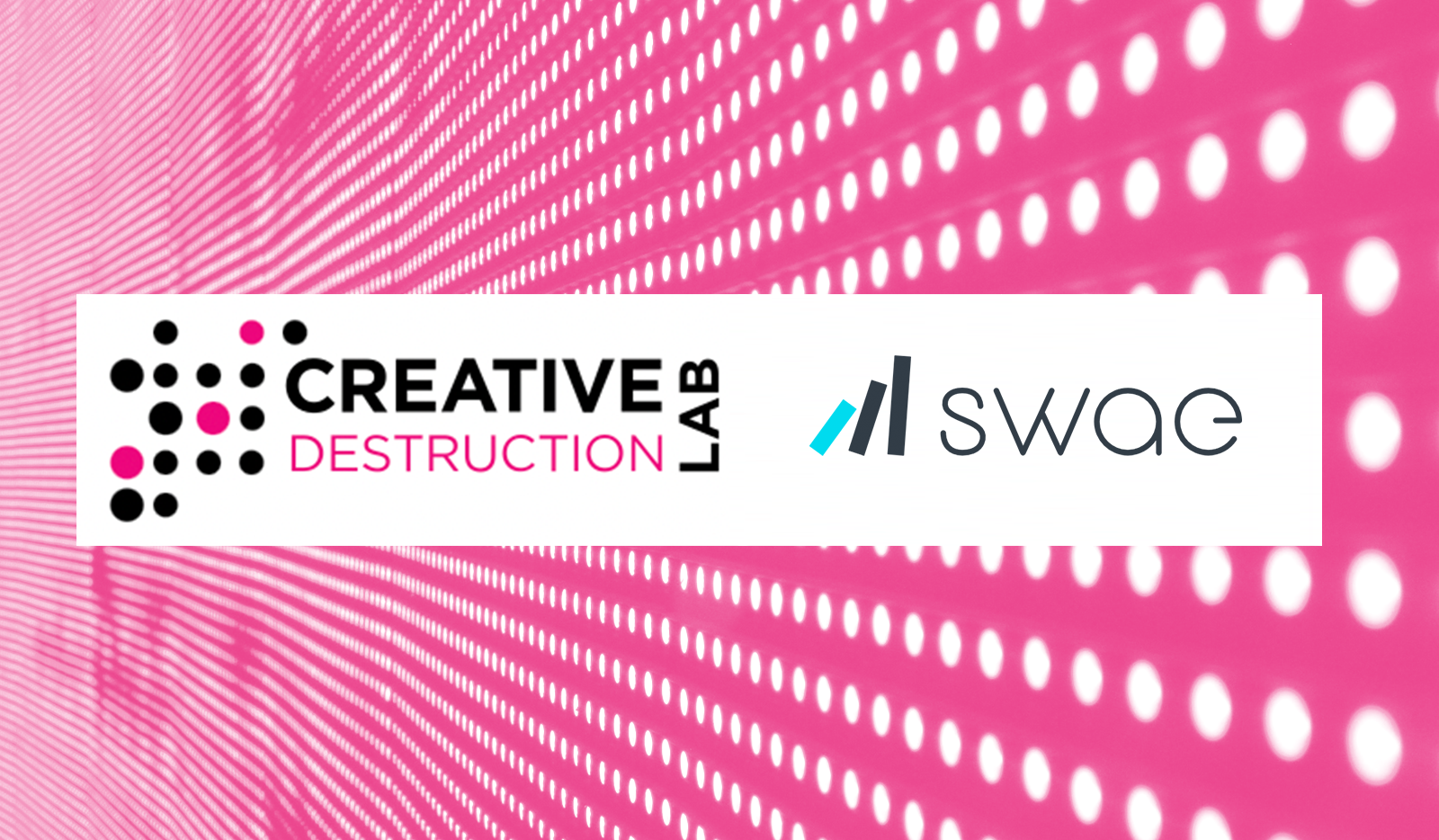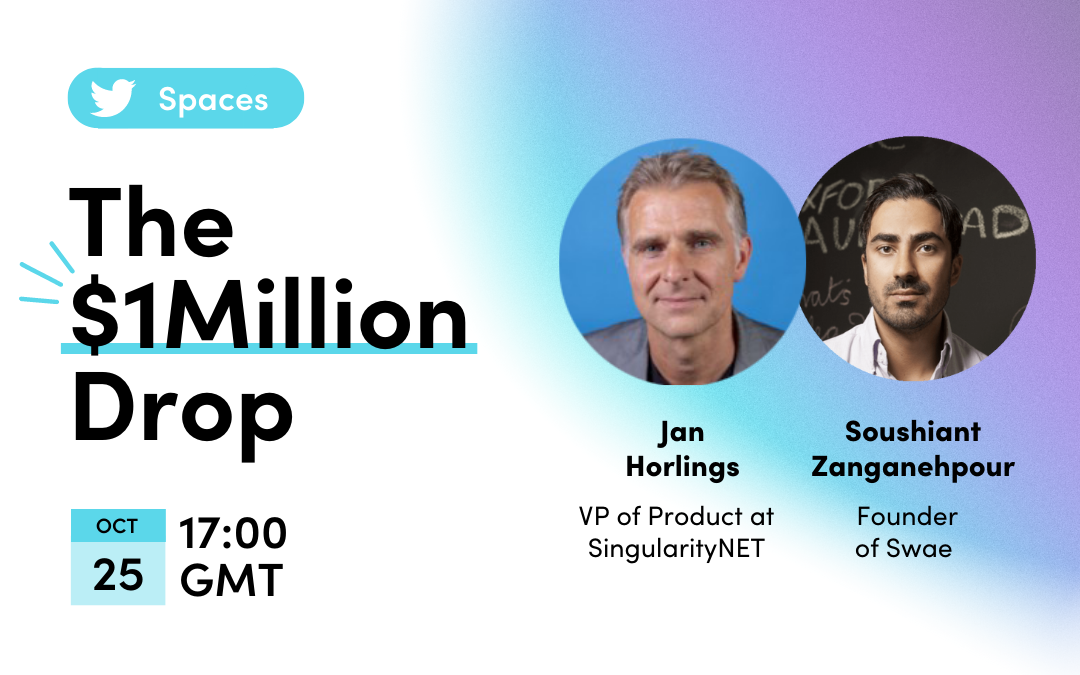Blockchain Futurist Conference- Swae CEO to speak about web3 & DAOs [Hear from @Soushiant]12 July 2022 1 min ReadBlockchain Futurist Conference is Canada's largest Crypto and Blockchain Event and is back on August 8-10 2022 in Toronto. Hear from the newest and...

5 reasons why Polls and Surveys do more harm than good
HOW TO GET GOOD FEEDBACK
5 reasons why Polls and Surveys do more harm than good
8 minute read December, 2021

As hard as it may feel, it’s time to toss out your old approach to boosting engagement, unlocking hidden feedback, and generating good ideas (there’s a better way, we promise).
Let’s start with the precursor to today’s popular digital polls, pulse checks and surveys: The suggestion box. According to Wikipedia, a U.S Senator from Indiana named Voorhees first introduced the suggestion box in 1890’s, and referred to it as ‘The Petition Box.’ Voorhees insights and intentions were likely ahead of his time, in today’s world this old-school contraption likely collects more dust than great ideas, and the paper suggestions or feedback within it are as neglected as the boxes they sit within. If you have one in your office, when was the last time you checked it? Be honest.
It’s no surprise why – the visual of this box (whether physical or digital) represents an artifact of history – made for an entirely different cultural, technological, and communications era. It is the epitome of a broken feedback loop and incomplete two-sided social contract.
Assume that your people take it seriously and take to it to share their powerful ideas or important pieces of feedback for change – when there is no regular cadence for checking it or reviewing and making decisions on the feedback received, why would people continue using it? In today’s world, it’s a form of virtue-signaling.

The digital survey. Did it get any better?
When technology advanced and brought us the internet, email and peer-to-peer communication, workplaces around the globe graduated to doing polls and surveys digitally, to rapidly understand the pulse of their employees and stakeholders on various matters.
Far better right? Unfortunately not. Electronic polls and surveys have proven to be just as ineffective as the outdated suggestion box, creating risks for the organizations.
Let me explain, and start with defining the difference between a poll and a survey.
A poll is used to ask very simplified questions (often just one question) with very little data to gather. For example, where should we organize the next off-site? When should we host the holiday party? Etc.
A survey is generally used to ask a wide range of questions and used when a much larger set of data needs to be gathered and further analyzed.
Polls, when properly administered and when the results are shared openly can be a powerful tool. While limited to solving very simple, multiple choice, black and white issues, they can help demonstrate where consensus lies and be a forcing function for a particular change. But in today’s world, the topics and issues that require consensus are not easy black-and-white matters. The issues that require our best insights and collective intelligence are open-ended, blue-sky topics that have no clear right answer and have high consequences for being wrong. For example: what trends might disrupt our business in the short term? How might we adapt our workplace and policies to be ahead of the challenges of Covid-19? What processes need to be digitized and how do we do so in order to be resilient towards the challenges of Covid-19? Polls can give you digestible soundbites but the outputs will rarely help you solve problems through today’s complex challenges.
Surveys also fall short on many fronts.
Polls
Surveys
Swae
Main use
Used to collect immediate feedback on a simple topic
Used to collect feedback and opinions on broader topics
Used to crowdsource decision-ready solutions, not opinions, on an important but uncertain question
Example
a) December 18
b) December 19
c) December 20
a) Host christmas party
b) Repurpose funds into bigger bonus
c) Other
Constraints & Question Type:
Participant Options
Time Investment Required
Output
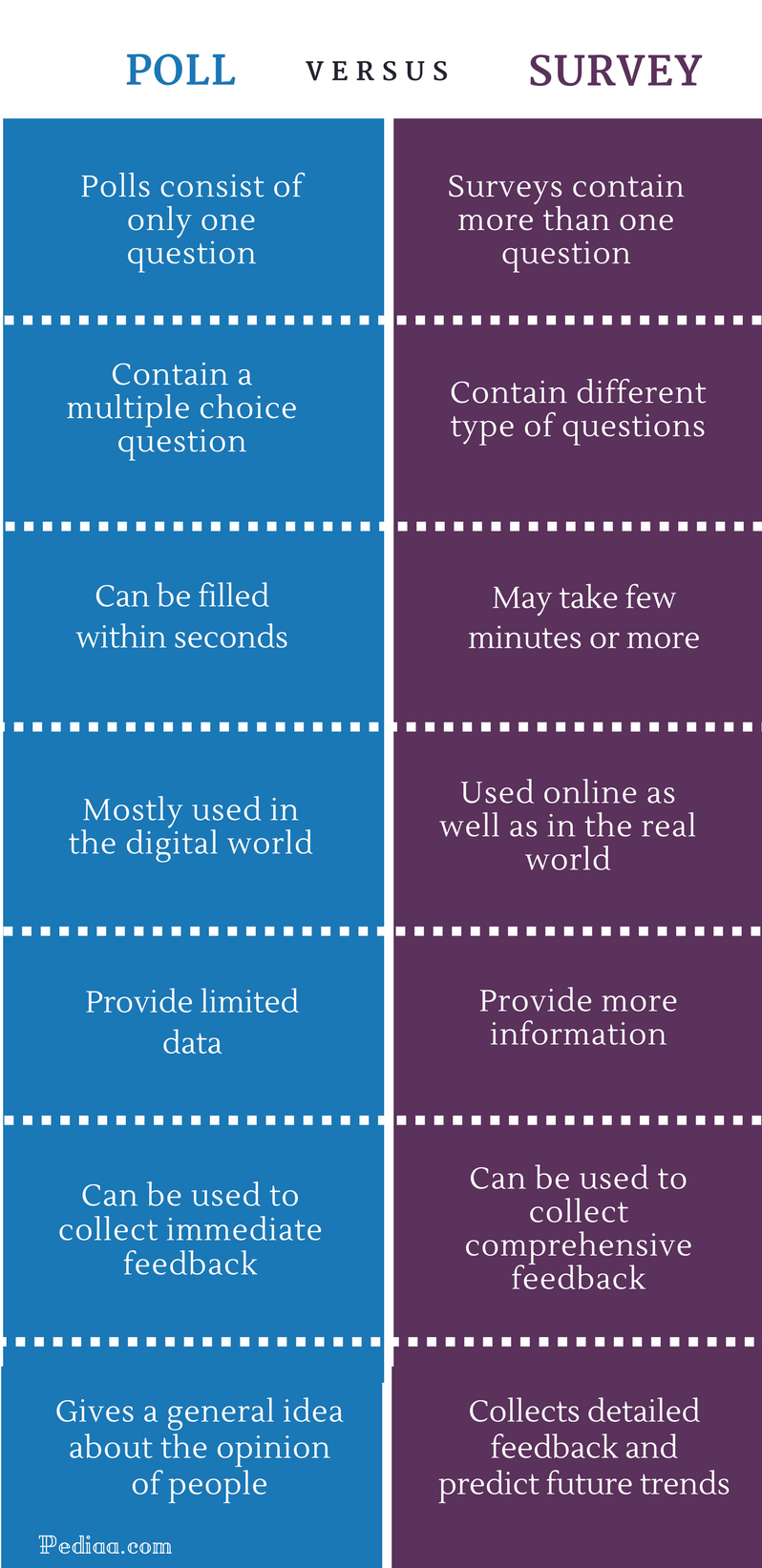
Source Pediaa
Next, let’s get into the top 5 reasons why suggestion boxes, polls and surveys are a thing of the past:
Workplace polls and surveys are innately biased by design and produce biased unreliable results. We all have cognitive biases – from anchoring, confirmation, to overoptimism or pessimism biases – and these biases can significantly limit and frame the way in which we ask for input. The design of a question can in turn limit the types of responses you receive back – and in many ways help justify the end goal you were inclined to choose yourself. This is a form of “conclusion shopping”.
Bias results can have negative impacts on your strategic choices and decisions; Reverse engineering the collection of limited data from the survey to justify a certain approach can limit how your organization copes in a crisis for example. Bias ensures that you won’t get reliable results and is pretty sneaky as it’s often unintentional. Biases are more likely to show up in polls or surveys because a) there are very few survey creator(s), and b) the respondents only have 2 choices – respond to the options presented or skip the question. When the survey or poll designers have their own goal in mind, this can significantly skew the provided questions or respondents’ answers and dramatically influences the results affecting the credibility and value of data received.
Polling or surveys limit collaboration and learning opportunities for participants, as well as the refinement of ideas through collective intelligence. Being closed, tightly-guarded, non-transparent, and one-directional exercises by a single department or group to collect opinions from the masses, the result is often that others who’ve participated are prevented from seeing their colleagues’ answers and demands. This lack of transparency limits learning and collaboration opportunities, and most certainly limits the chance to turn problems into relevant solutions through creative collaboration and the wisdom of the crowds.
The closed, one-directional approach of surveys is increasingly mismatched for the times we live in. A conventional engagement survey is a one-way, extractive, and closed communication process. The approach increasingly feels like something from the past, something totally misaligned with today’s modern culture, anchored in the culture of social media and modern technology that embraces more open, equal, two or many-to-many directional, transparent, and informal communication approaches. When the process of collecting opinions is designed in a way to limit visibility and extract information without any guarantee of sharing results or the value of the information with participants, better yet, commit to any action in advance they inherently breed suspicion, mistrust, and lack of engagement.
Surveys and polls breed and multiply cynicism, and lack of trust. Employee feedback is critical in today’s workplace. Given the times we live in, employees have a lot to say – suggestions, improvements, even discontent —and we at Swae strongly believe everyone needs an outlet to voice their opinion.
But in today’s environment of low trust and ever-increasing insecurity about what the future holds in store, when the company keeps asking for feedback through surveys and nothing happens with the feedback, employees quickly turn cynical and mild disengagement turns into apathy and in some cases resentment.
According to a Cornell National Social Survey, when organizations do surveys and not take any action, the results are astounding:
- 26% respondents of surveys said they withhold information about problems or ideas for workplace improvement due to a sense of futility
- Futility was 1.8 times more common than fear as a reason why respondents would withhold responses or disengage from surveys
When employees feel like their feedback is not being taken seriously, they in turn disengage. It’s pretty simple to understand. It’s not that they don’t want to provide feedback, but leadership at the organization is not living up to their end of the agreement and backing surveys up with any action.
Surveys and polls are broken feedback loops by design (in a time when closing the loop is ever more important). Related to the two points above, surveys and polls rarely commit in advance to doing something with results and in their lies the principle problem. Just like their well-intentioned but outdated predecessors the suggestion box, polling or surveys rarely commit in-advance to act on the most popular or most useful ideas/feedback. The fact that there is no accountability that any good insights and ideas shared will be acted upon to create any improvements is the most troubling of all. If nothing changes after a person provides their feedback in a poll or survey time, and time again, completely neglects a fundamental need of employees today.
At its heart, a survey is an invitation for the respondent to give their opinion. As such, it should be the most basic form of civility to acknowledge their responses and ideally the organization should share what it has learnt, while talking about the actions it intends to take.
When these basic steps are absent, the result is very predictable. For employees, all future engagement exercises are compromised because the subtle social contract has been broken and undermined. Trust is now out the door. Once trust disappears, the sanctity of the process is forever gone and nobody takes the results seriously, except the managers who would like to humblebrag about their engagement metrics (and conveniently sidestep the details of the responses from participants).
They are one-directional extractive exercises that breed futility. They provide little to no value to the participants, because they don’t get to see others’ answers and most times rarely get to see the end results. In most cases – they are disingenuous attempts to demonstrate to employees that they care about them when in fact there is a premeditated plan that nothing much is to be done with the results in the first place.
What is left is a ritual where, despite best intentions, the organization appears to pretend to care for employees’ opinions – and the employees pretend to care to give those opinions.
The truth in today’s world is most people won’t fully engage or give their best ideas if they know in advance that their contributions may not change anything.
The impact of this on morale is disastrous. Futility turns to apathy and resentment.
Without commitment and some direct integration into the decision-making process, engagement tools, surveys, feedback processes are futile. Those participating will inevitably feel the process is pointless. People are getting much more selective about what they will and won’t engage in. For people to engage deeply and meaningfully, they need incentives they believe in, and systems in place that they trust to contribute their absolute fullest.
It’s time to depart with the tools of the past and allow for powerful technologies to step in. This is where we say hello to Swae.
Meet Swae, the idea management platform your people will love and trust.
Swae is not polling or a surveying tool. It’s a marketplace for ideas and well-developed proposals.
Swae is different from surveys and polls because it’s designed to close the feedback loop with decision-science and user empathy at its core.
Swae’s platform transforms the old way of collecting feedback through polls and surveys. It’s transformative in that our clients source creative and collaborative solutions to complex questions and versus gathering selective opinions to a very limited set of questions.
As a manager or decision maker, Swae helps you hear what you’re not hearing by giving users incentives that other platforms and tools don’t.
Your people want to have a voice in decisions and want their voice to be heard. Engagement surveys and the like don’t do this justice.
If hearing truth and great ideas is as important to you as it is for us, you’ll understand that it’s a two-way street.
At Swae we believe that if you want to hear what you’re not hearing, you need to understand why people aren’t talking.
People don’t trust one-directional engagement surveys that don’t go anywhere.
They want to know their ideas may lead to changes, or at a minimum know how they can do better on the next attempt. It’s about a two-way conversation, not a one directional monolog.
Swae helps you do both.
As we shared above, polling or surveys rarely commit in advance to act on the most popular or most valuable ideas/feedback, so respondents don’t know what good it will do if they take their time to fill them out. Swae deals with the looming issue of futility and cynicism directly – because it is built with a modern social contract built into it.
How Swae Works
Here’s how Swae works:
A manager gets to set up the main mission or challenge that they are looking for creative proposals from employees. They also get to determine what metrics and KPIs a proposal needs to achieve before being eligible for a decision review.
Then it’s over to the employees to enter in their proposals with the topic in mind.
Swae’s AI and collective intelligence features help users turn their feedback and opinions into proposals and smart decisions through a merit-based process. Swae’s AI helps people write a stronger pitch for their idea.
Once the idea is on the platform, the crowd is invited to edit the idea, add strengths and weaknesses, and vote for the best solution in mind. The collection of the engagement points help determine how ‘decision-ready’ the idea is. If the total engagement exceeds the metrics set up by my management, the idea automatically moves to a decision review.
Management still gets to make the final decisions about the fate of the ideas that have bubbled up to the top but the filtering process happens based on merit and transparency.
The only requirement is that whatever management chooses to decide, they share their reasoning for accepting or rejecting decisions online so all employees or stakeholders who were involved in the challenge learn about priorities and strategy.
Swae’s Benefits
This process helps ensure trust, and keeps intrinsic motivations high enough for continuous engagement and use. This helps break the broken feedback loop cycle of traditional surveys, polls and other engagement attempts.
Using Swae, people see the direct link between ideation to decision-making and organizational change.
The results of this are astounding. When people in an organization believe their voice matters, and believe in the opportunity to influence the agenda, they trust the process and engage more deeply. An engaged employee, stakeholder, or citizen who has trust invests more discretionary effort and emotional equity than the bare minimum expected. This leads them to unleash their creativity and ideas, engaging with others’ ideas to improve upon them, and ultimately helping shape and generate better quality ideas for the organization to select from, helping leaders make more effective decisions (from the bottom-up).
Swae’s platform creates a safe, inclusive, and anonymous space for problem and solution generation inside any organization, allowing leaders to source investable solutions, hear the truth, boost engagement, and reduce bias in important strategic decisions to improve overall performance. Swae helps create an ideal meritocracy inside organizations for all kinds of important decisions. By implementing Swae, teams, companies, and government entities benefit from greater inclusion and diversity, access to better quality ideas to select from, without making significant structural changes to how they manage the organization.
Swae is proud to be the only platform that helps turn people’s ideas into proposals and investable decisions through a “bottom-up process” that leverages AI and the intelligence of the crowd.
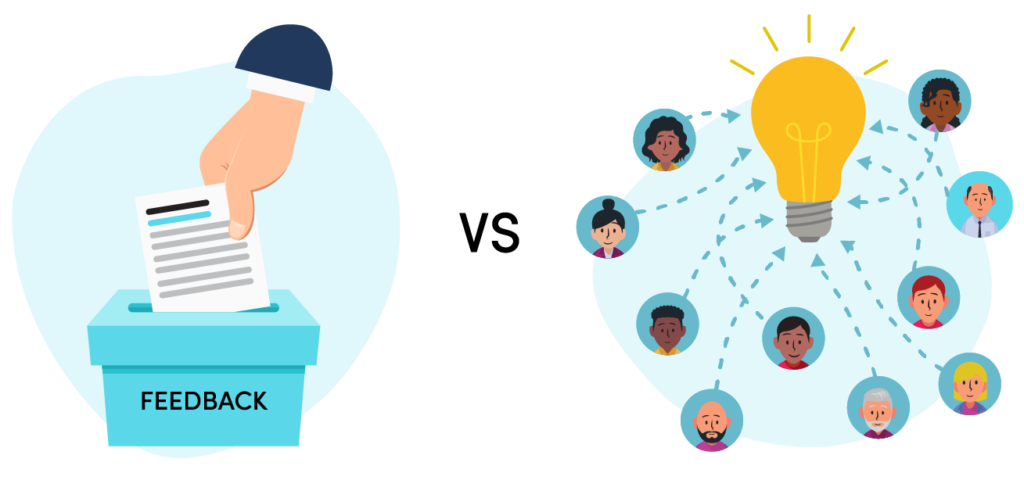
How Swae can help?
Within Swae’s environment, people can offer their authentic feedback and build thought-provoking proposals to share their ideas and solutions in a safe and inclusive environment. People can stay anonymous, allowing leaders/decision-makers to source more investable solutions because people feel safer, hear the truth, boost engagement, and reduce bias in critical strategic decisions to improve overall performance.
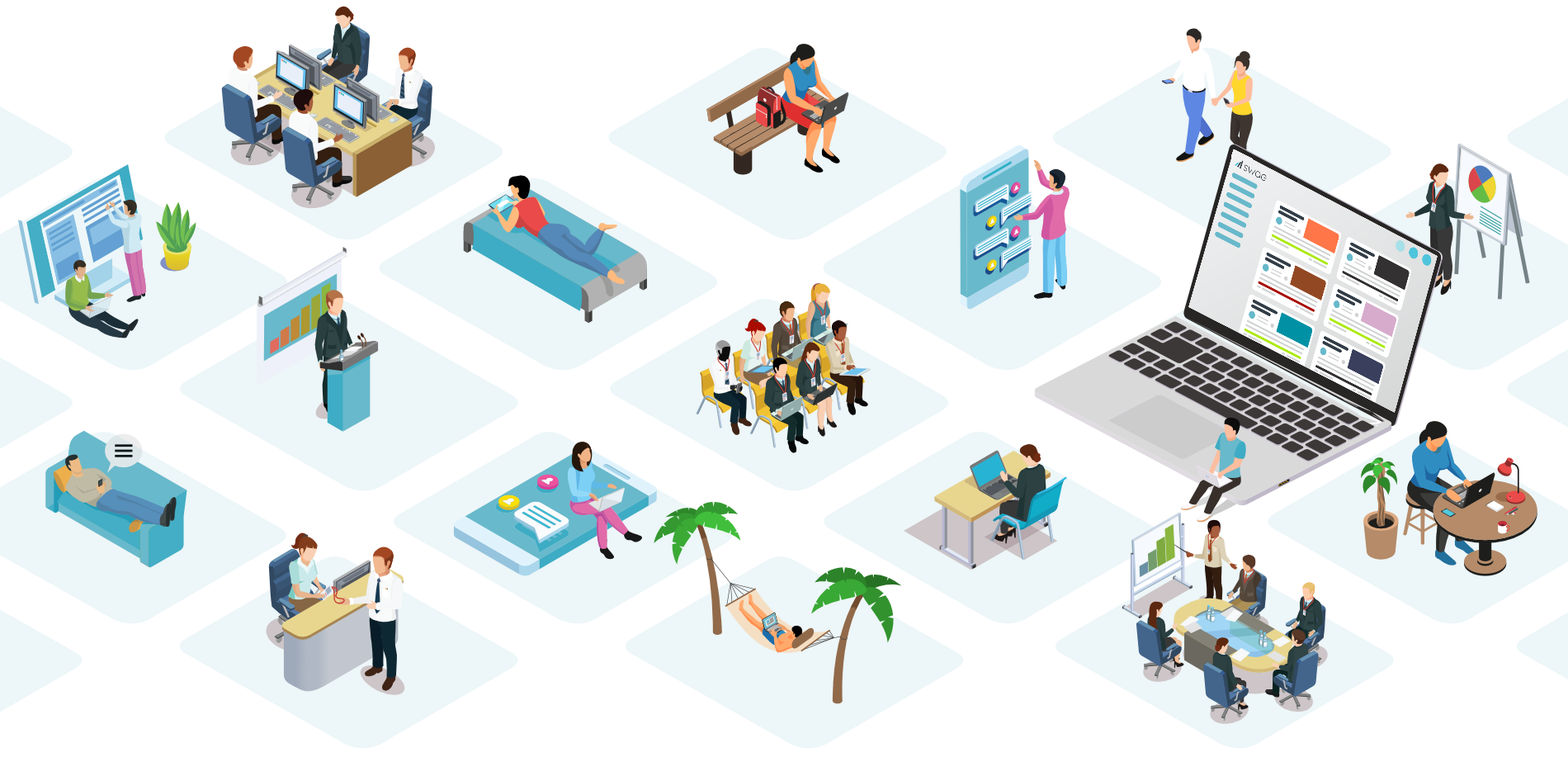
How Swae can Help Your Organization?
If you’re looking to innovate faster and be truly flexible in our fast-changing world, we invite you to connect with us for a limited free trial of “Swae’s 21st century suggestion box”.
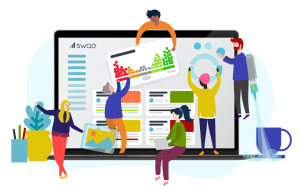
Whether you are a team, company or government entity, the benefit you will garner from greater inclusion and diversity will speak for itself.
More to explore...
Blockchain Futurist Conference- Swae CEO to speak about web3 & DAOs
Creating a Speak Up Culture and Maximizing Engagement [Swae’s 5-Step Organizational Readiness Checklist]
Creating a Speak Up Culture and Maximizing Engagement [Swae’s 5-Step Organizational Readiness Checklist]6 min readThe desire to engage employees and create a more diverse, inclusive culture where people feel free to speak up is an obvious win-win for everyone in an...
Does your company’s culture empower people to speak up? [Brief Survey]
Does your company's culture empower people to speak up? [Brief Survey]The new world of work can be frustrating, and giving employees a voice can feel difficult. Nothing is more demoralizing than a culture where no-one listens to your issues or ideas. With many remote...

![Creating a Speak Up Culture and Maximizing Engagement [Swae’s 5-Step Organizational Readiness Checklist]](https://swae.io/wp-content/uploads/Swae_Creating-a-Speak-Up-Culture-400x250.jpg)
![Does your company’s culture empower people to speak up? [Brief Survey]](https://swae.io/wp-content/uploads/Swae_for-employee-engagement-400x250.png)
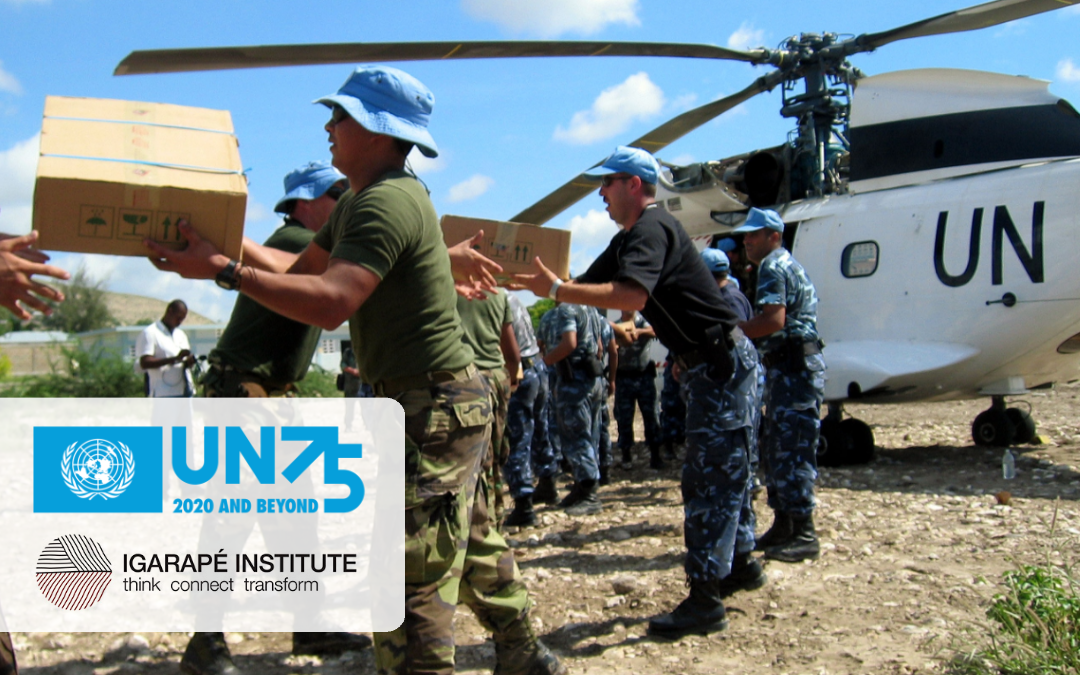

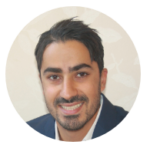



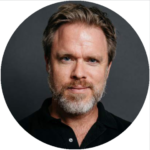







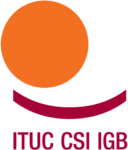
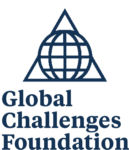









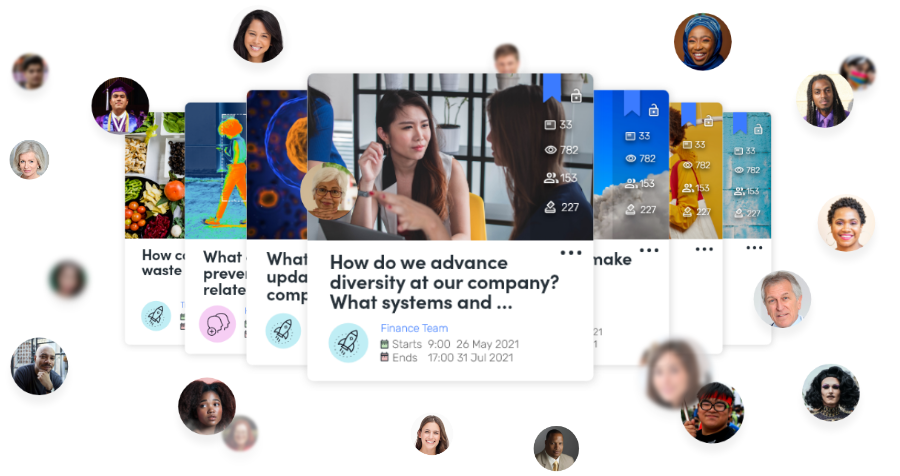


 The top priority that surfaced through their efforts with Swae was the issue of attracting and retaining highly skilled Medical Laboratory Technicians and Technologists. This industry-wide challenge came from increased competition for these roles stemming from the global pandemic and existing long-term trends of increased scarcity for these roles that had been impacting the industry.
The top priority that surfaced through their efforts with Swae was the issue of attracting and retaining highly skilled Medical Laboratory Technicians and Technologists. This industry-wide challenge came from increased competition for these roles stemming from the global pandemic and existing long-term trends of increased scarcity for these roles that had been impacting the industry.
